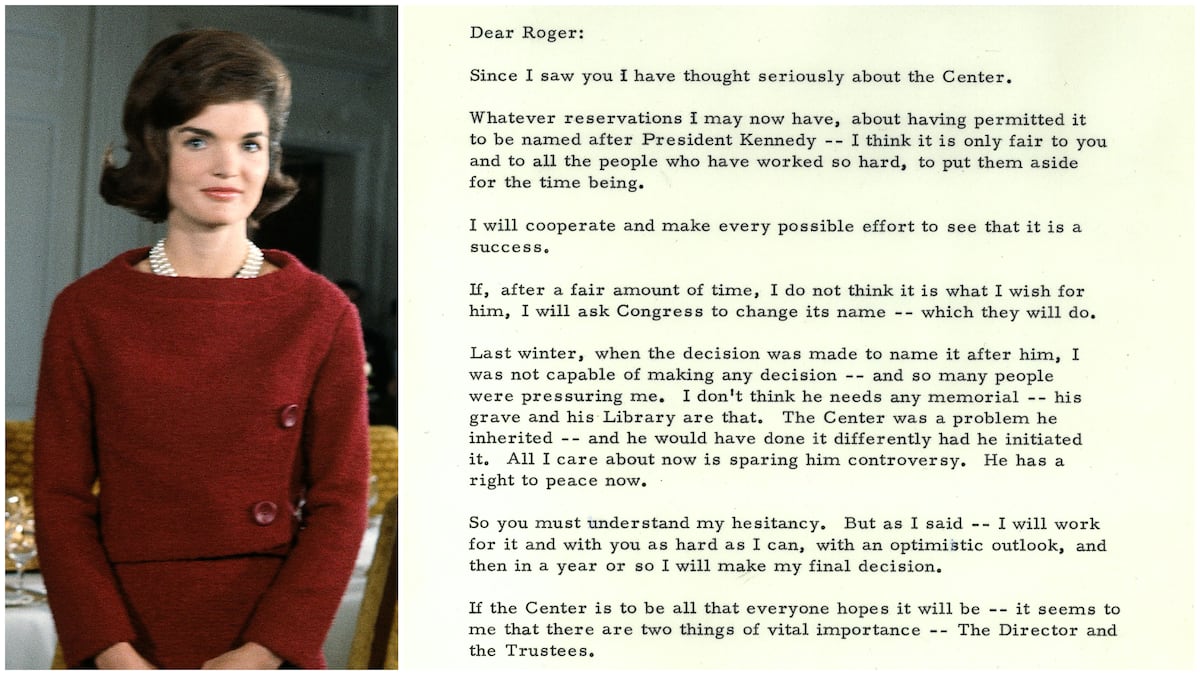In July 2016, Mike Pence rallied cheering crowds at the Republican National Convention in Cleveland declaring, “I am a Christian, a conservative, and a Republican—in that order.” One year earlier, however, as governor of Indiana, Pence’s radical conservative values trumped his Christian values.
During the week of Sept. 21, 2015, the Indiana State Department of Health sent a letter to the parents of 305,000 children. The letter reminded parents that their children had yet to receive the HPV vaccine that was recommended for all adolescents.
Human papillomavirus (HPV) is a common sexually transmitted infection. Every year in the U.S., it causes 27,000 cases of cancer and 5,000 deaths. The HPV vaccine, which was first licensed in 2006, prevents about 85 percent of those cancers. When Indiana public health officials mailed their letter, Indiana ranked 40th in the nation in protecting children against HPV; only 23 percent of Indiana’s teenage girls had received the vaccine and even fewer boys.
The letter, which began “Dear Parent or Guardian,” stated that the HPV vaccine was recommended by the Centers for Disease Control and Prevention, the American Academy of Pediatrics, the American Academy of Family Physicians, and the American College of Physicians, that “nearly all sexually active people will get [HPV] during their lifetime,” and that the virus “can lead to cervical cancer in women [and] also cause other oral and genital cancers in men and women, as well as genital warts.” The letter explained how parents could obtain the vaccine from either a publicly funded program or through insurance companies.
One of the recipients of the letter was Micah Clark, head of a conservative group called the American Family Association of Indiana. Clark, whose 14-year-old daughter had yet to receive the HPV vaccine, felt that the letter was intrusive. He asked Gov. Pence to look into it. Pence agreed, later asking Indiana public-health officials to make it clear that the HPV vaccine was “optional” and that parents could remove their names from the state registry that had identified their children as lagging behind on their immunizations.
Pence, like his conservative supporters, believed in abstinence-only sex education. He reasoned, correctly, that if people didn’t have sex before they were married, and didn’t stray from their marriage, they would never contract a sexually transmitted disease. Unfortunately, this situation describes a very small percentage of U.S. residents, including those in Indiana.
Pence didn’t stop at gutting his state health department’s letter. He also reprimanded the state health commissioner for speaking about the HPV vaccine at Indiana’s National Coalition Conference, later requiring all public-health employees to submit their presentations about vaccines to his office for approval prior to any speaking engagement. Then he prohibited the release of a document by the Indiana Cancer Consortium that included information on cervical cancer, the only known cause of which is HPV. Mike Pence did everything that he could to make sure that Indiana’s parents and schoolchildren knew as little as possible about the consequences of HPV infection and the availability of a vaccine to prevent it.
This wasn’t the first time that Pence had let his extreme conservative views dictate his response to public-health issues. During his time in Indiana, Pence signed eight anti-abortion bills, supported a “religious freedom” law legalizing discrimination against LGBTQ citizens, and advocated diverting HIV/AIDS funding to programs promoting changing sexual behavior. As a member of the House of Representatives in 2007, Pence introduced the first bill in Congress to strip Planned Parenthood of federal funding. “If Planned Parenthood wants to be involved in counseling services and HIV testing, they ought not to be in the business of providing abortions,” Pence told Politico in 2011. “As long as they aspire to do that, I’ll be after them.”
In February 2015, Indiana reported an outbreak of HIV in Scott County caused by contaminated needles shared by opioid addicts. The outbreak, which grew to more than 80 cases in one month, was so widespread that the CDC sent a team to investigate. Pence dragged his feet on supporting a syringe-exchange program, which might have cost lives.
Ironically, Pence was a vigorous supporter of the meningococcal vaccine, which is given to teenagers at the same time as the HPV shot. Given Indiana’s population, which is about 2 percent of the nation’s, one would predict that every year Indiana’s residents would have suffered about 10 cases of meningococcus and one death from the disease. HPV, on the other hand, would be expected to have caused 540 cases of cancer and 100 deaths a year. So Pence’s support of the meningococcal vaccine over the HPV vaccine had nothing to do with either’s relative health effects and everything to do with his ideology. Those suffering meningococcus were “innocents.” Those suffering HPV or HIV, apparently, were not.
On Nov. 2, 2015, Lisa Robertson, executive director of Indiana’s Immunization Coalition, along with signatories from other professional societies and public-health organizations, wrote a letter to Gov. Pence stating that “moving HPV vaccination rates from current levels to 80 percent would prevent an additional 53,000 future cervical-cancer cases among girls who now are 12 years old or younger over the course of their lifetimes.” Pence was unmoved.
Mike Pence is an evangelical Christian. He believes in the teachings of Jesus Christ as reflected in the four gospels—which make his actions regarding the HPV vaccine all the more surprising. By making it virtually impossible for Indiana’s public-health workers to talk about HPV or encourage the use of the HPV vaccine, Pence had rejected his Christian values.
As described in the New Testament, Jesus of Nazareth was a radical, breakthrough figure, upending the existing order. At the time of Jesus’ life—between 4 B.C and 30 A.D.—child abuse was the “crying vice” of the Roman Empire. Children were property, treated no differently than slaves. Infanticides were legal. So were foundation sacrifices, when young children were killed, placed in jars, and buried at the base of new buildings for good luck. When parents in ancient Rome, Greece, and Persia weren’t beating, starving, murdering, or sexually abusing their children, they were abandoning them to the elements.
Jesus, on the other hand, rejected the ethos of his time. His love of children is evident throughout the New Testament. Jesus believed that anyone who put children in harm’s way should be punished: “Whoever welcomes a little child like this in My name welcomes me. But if anyone causes one of these little ones who believe in Me to stumble, it would be better for him to have a large millstone hung around his neck and to be drowned in the depths of the sea” (Matthew 18:4-6). Jesus’ followers embraced his message of love for children. Indeed, Jesus’ teachings served as the basis for Christian protective services and Christian relief societies for the next 1,800 years.
Perhaps most telling was Jesus’ statement in Matthew 25:40, “Verily, I say unto you, Inasmuch as you have done it unto one of the least of my brethren you have done it unto me”—a message that could be carved into the entranceways of every children’s clinic and pediatric hospital in Indiana. If Mike Pence had chosen Jesus’ message of love over his extreme conservative ideology—as he had promised during the Republican National Convention—he would have done everything that he could have to protect the children in his state. Allowing children to die from a vaccine-preventable disease can never be cloaked in the guise of love.
Paul A. Offit is a professor of pediatrics at the Perelman School of Medicine at the University of Pennsylvania, the co-director of CHILD USA, and the author of Bad Faith: When Religious Belief Undermines Modern Medicine (Basic Books, 2015).






